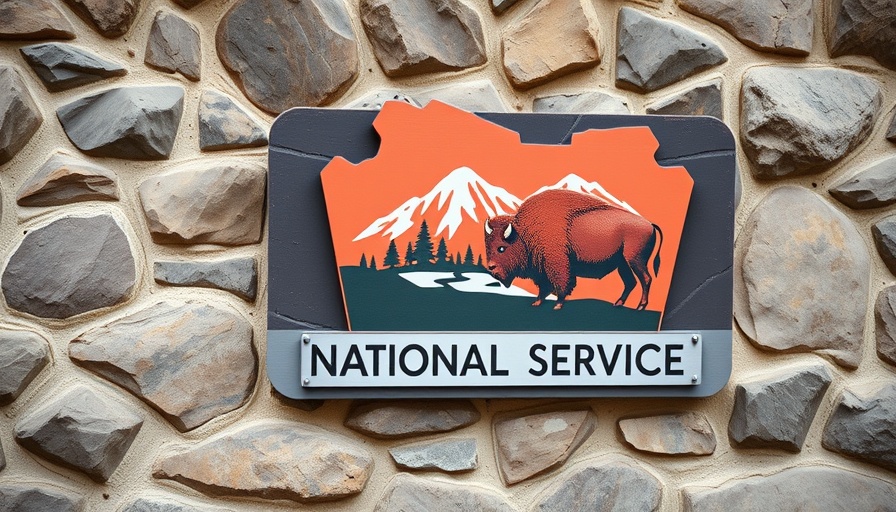
The Impact of Censorship on National Parks
The recent initiative by the National Park Service (NPS) to remove interpretive signs referencing crucial topics like climate change and historical injustices, including slavery and the internment of Japanese Americans, raises serious questions about censorship. Responding to an executive order aimed at eliminating what the government considers 'improper' topics, these changes highlight a disturbing trend that could limit educational opportunities in spaces meant for public learning and reflection.
Significant Historical Context
Historically, national parks were designed not only as beautiful landscapes but as venues to educate visitors on vital aspects of American history and culture. The removed signage, including mentions of the climate crisis, reflects ongoing challenges that modern society grapples with. For instance, signs encouraging visitors to mitigate their carbon footprints with shuttle bus services might have sparked discussions about sustainability, a necessity in outdoor activities like hiking and camping.
The Value of Transparency in National Parks
Park visitors often expect to engage with the full spectrum of American history. Representative Chellie Pingree’s outrage underscores a broader sentiment: parks should not sanitize history but rather present it as complex and multifaceted. Removing signs that address hard truths about the past deprives the community of learning opportunities and could alienate groups who feel their histories are being erased.
Community Efforts to Preserve History
In light of these removals, initiatives such as the 'Save Our Signs' project have emerged, aiming to document and archive these disappearing educational resources. This effort galvanizes not only historians and librarians but also outdoor enthusiasts who value both recreation and education. The parks serve as vital platforms for family-friendly outdoor activities, such as camping and biking, making their educative role even more essential.
Call to Action: Protect Our Collective Memory
As outdoor enthusiasts, we have the responsibility to advocate for full transparency in our national parks. Engaging with local representatives and supporting initiatives that aim to protect historical resources can ensure that future generations learn from both the beauty and the complexities of our shared history. Let's empower our communities and embrace the opportunity to explore nature while reflecting on the past.
 Add Row
Add Row  Add
Add 




Write A Comment